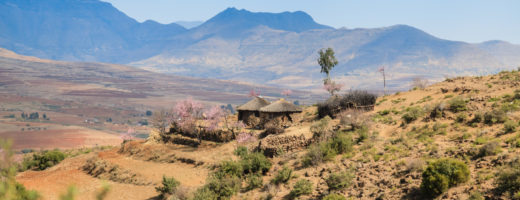By Richard Ammon GlobalGayz.com August 14, 2010 I’m back home from another stellar week of the Gay Games, my 7th, in Cologne, Germany (July 31-Aug 7). The Gay Games are the gay version of the Olympics but since we legally can’t called them that, Gay Games will have to do. Besides that name rings truer
Germany has become one of the most progressive European nations on the issue of gay rights. Homosexuality was legalized in 1969. The age of consent is now 16 for female-female, male-male and female-male activity. Homosexuals are not banned from military service. In the field of employment, discrimination on the basis of sexual orientation or gender identity is illegal throughout Germany. The country was the first in the world to include "gender identity" nationally in anti-discrimination laws. There is legal recognition of same-sex couples. Registered life partnerships (effectively, a form of civil union) have been instituted since 2001, giving same-sex couples rights and obligations in areas such as inheritance, alimony, health insurance, immigration and name change. In 2004, this act was amended to also give registered same-sex couples adoption rights (stepchild adoption only), as well as reform previously cumbersome dissolution procedures with regard to division of property and alimony–but do not enjoy the tax benefits of marriage. Berlin’s mayor Klaus Wowereit is openly gay.

Random Views of Cologne 2010
Cologne is Germany’s fourth-largest city (after Berlin, Hamburg and Munich), and is the largest city within the Rhine-Ruhr Metropolitan Area, one of the major European metropolitan areas with more than ten million inhabitants. It is one of the oldest cities in Germany, having been founded by the Ubii in the year 38 BC. The name
Visit to Beethoven’s Birth House in Bonn 2010
The house at the Bonngasse No. 20, in which Beethoven was born in 1770, is the family’s only residence in Bonn which is still maintained and still in its original condition. Since 1893, it has been accommodating a museum, which, in the meantime, presents the biggest Beethoven collection of the world. The house, in which
Rhine River Castle Cruise 2010
One of Europe’s most picturesque trips is a boat ride down (north) on the Rhine River, from Rudesheim to Koblenz, part of the ‘Middle Rhine’ (from Mainz to Cologne). Between these two destinations there are about twenty-five castles and more charming villages. Tour boats share this part of the river with large cargo barges, cross-river
Gay Games in Cologne 2010
The Gay Games were started in 1982 by Tom Waddell, an Olympic athlete who wanted to have a similar event for the LGBT community worldwide. The eighth version, 2010, of the Games was held in the gay-friendly city of Cologne, Germany. There were about 9000 athletes who participated in 35 sports. In addition there were
Images of Gay-Friendly Cologne City 2010
Cologne is one of Europe’s gay capitals and was host to the 2010 Gay Games . For a busy and energiized week, July 31 to August 7, the city bubbled with 35 sports events, cultural events and colorful parties, as well as two enertainment/social/eating ‘villages’ in the central area. In addition to the many usual
King Ludwig’s Castle Neuschwanstein, Bavaria
In 1869, King Ludwig of Bavaria oversaw the laying of the cornerstone for Schloss Neuschwanstein on a breathtaking mountaintop site overlooking his childhood castle home at Hohenschwangau. The walls of Neuschwanstein are decorated with frescoes depicting scenes from many of Richard Wagner’s, operas, especially the swan-themed Lohengrin. Obsessed with Wagner’s, music, in 1872, he began
Germany – Berlin (1)
Berlin is the capital city and one of sixteen states of Germany. With a population of 3.4 million within its city limits, Berlin is the country’s largest city. It is the second most populous city and the ninth most populous urban area in the European Union. Located in northeastern Germany, it is the centre of
Germany – Berlin (2)
Berlin is the capital city and one of sixteen states of Germany. With a population of 3.4 million within its city limits, Berlin is the country’s largest city. After World War II, the city was divided; East Berlin became the capital of East Germany while West Berlin became a Western enclave, surrounded by the Berlin
Germany – Gay Berlin
Berlin is the capital city and one of sixteen states of Germany. With a population of 3.4 million within its city limits, Berlin is the country’s largest city. After World War II, the city was divided; East Berlin became the capital of East Germany while West Berlin became a Western enclave, surrounded by the Berlin




